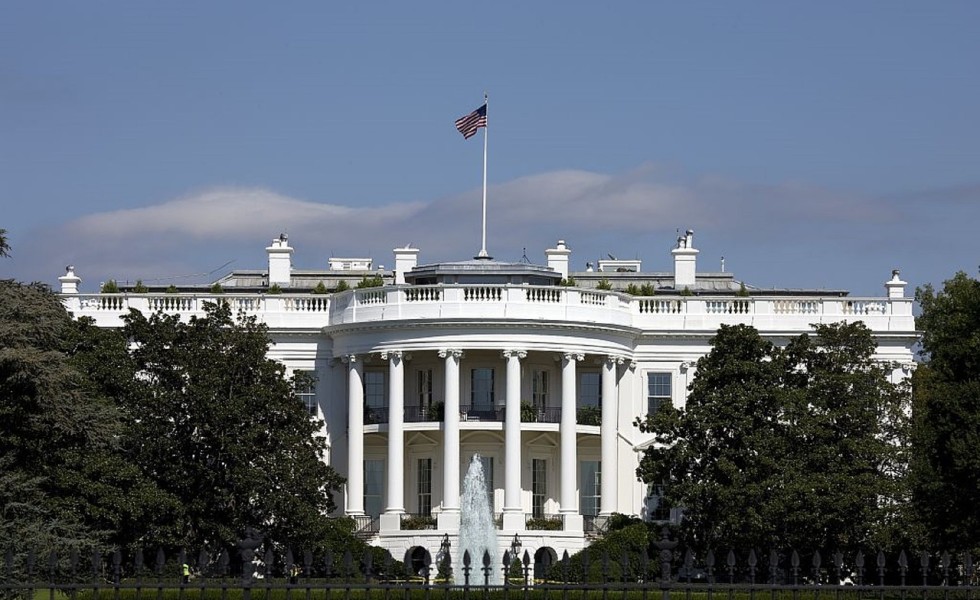Got Guts? Bet on TPP
Posted on July 15, 2015

Let’s go out on a small limb and make a big prediction: Not only will the U.S. Senate vote to give this president and the next one fast track trade authority, so too will the U.S. House of Representatives.
Moreover, and since we’re already on the limb, here are two more predictions: First, both the House and Senate will approve the Trans-Pacific Partnership, a 12-nation trade deal that looks across our western ocean and, second, Congress will also approve the Transatlantic Trade and Investment Partnership, another trade deal that looks across our eastern ocean.
Like this high wire act? One more then!
Despite dire predictions by both sides that all votes will be razor thin, both approving votes, while not big, will be big enough to make most Americans ask what all the hand wringing and lip flapping was about.
The predictions are neither bold nor foolish. In fact, each simply reflects every “free trade” vote since NAFTA, the first big trade deal simultaneously debated by the nation, Congress, and that era’s presidential candidates.
You may not remember much about the fight over the North American Free Trade Agreement, or NAFTA, but two scenes are hard to forget.
The first came when then-1992 presidential candidate Ross Perot closed a live, televised debate with his White House competitors, President George H.W. Bush and Democratic challenger Bill Clinton, by saying the pending NAFTA deal would encourage so many U.S. businesses to move manufacturing jobs to Mexico that “there will be a giant sucking sound going south” because of it.
Perot’s sharp-toothed observation, delivered in his high-pitched Texas twang, became the sound bite of the election. It echoed for years thereafter because his zany prediction wasn’t crazy. In 2010, the nonprofit, nonpartisan Economic Policy Institute estimated that 682,900 U.S. jobs had moved to Mexico in NAFTA’s first 15 years.
The second unforgettable moment came when the House voted to approve NAFTA (Senate approval was never in doubt) late in 1993 by a 234-to-200 margin. It wasn’t a rout, but it was stunningly large victory for Clinton who had beaten friends in the Democratically-controlled House like a dime store drum.
The victory, as sweet as it was for that White House, should have been foreseen by every handicapper and pundit—including me—had any of us been listening to how the Clinton White House was framing the debate.
The NAFTA fight, argued Clinton’s top salesman, Chicago tough guy Bill Daley, wasn’t about losing today’s jobs to Mexico or yesterday’s markets to Canada. Instead, he preached, NAFTA was about how the U.S. would dominate tomorrow’s global economy with not-yet invented technologies, jobs, and markets.
Brilliant; how can you argue—let alone vote—against a technology, market or job you’ve never seen, heard of or used? NAFTA, Daley offered, wasn’t about Ford and GM moving factories to Mexico in 1995; it was about companies not yet named Google and Facebook creating American jobs in 2010.
Not surprisingly, export-loving American farmers and ranchers embraced the Clinton view (without embracing Clinton) and promoted NAFTA to their representatives as the greatest thing to hit U.S. agriculture since rubber tires.
Now, 22 years on, here we are again. A largely unread, secretly negotiated, un-amendable trade agreement awaits Congressional action as its unlikely champion, another Democratic president, encourages another Chicagoan, his secretary of commerce, Penny Pritzker, to again sell the deal to enough friends—Congressional Democrats—to drag it across the finish line.
And all of it is about that great, hopeful unknown, the “future.”
Will this White House close this deal?
Real politick suggests not to bet against it or history. Since approving NAFTA, Congress has approved free trade deals with Columbia, Panama, and Korea by House votes of 262 to 167, 300 to 129, and 278 to 151, respectively.
As such, stick a fork in TPP because it’s done.
Well, probably.
© 2015 ag comm
Share This